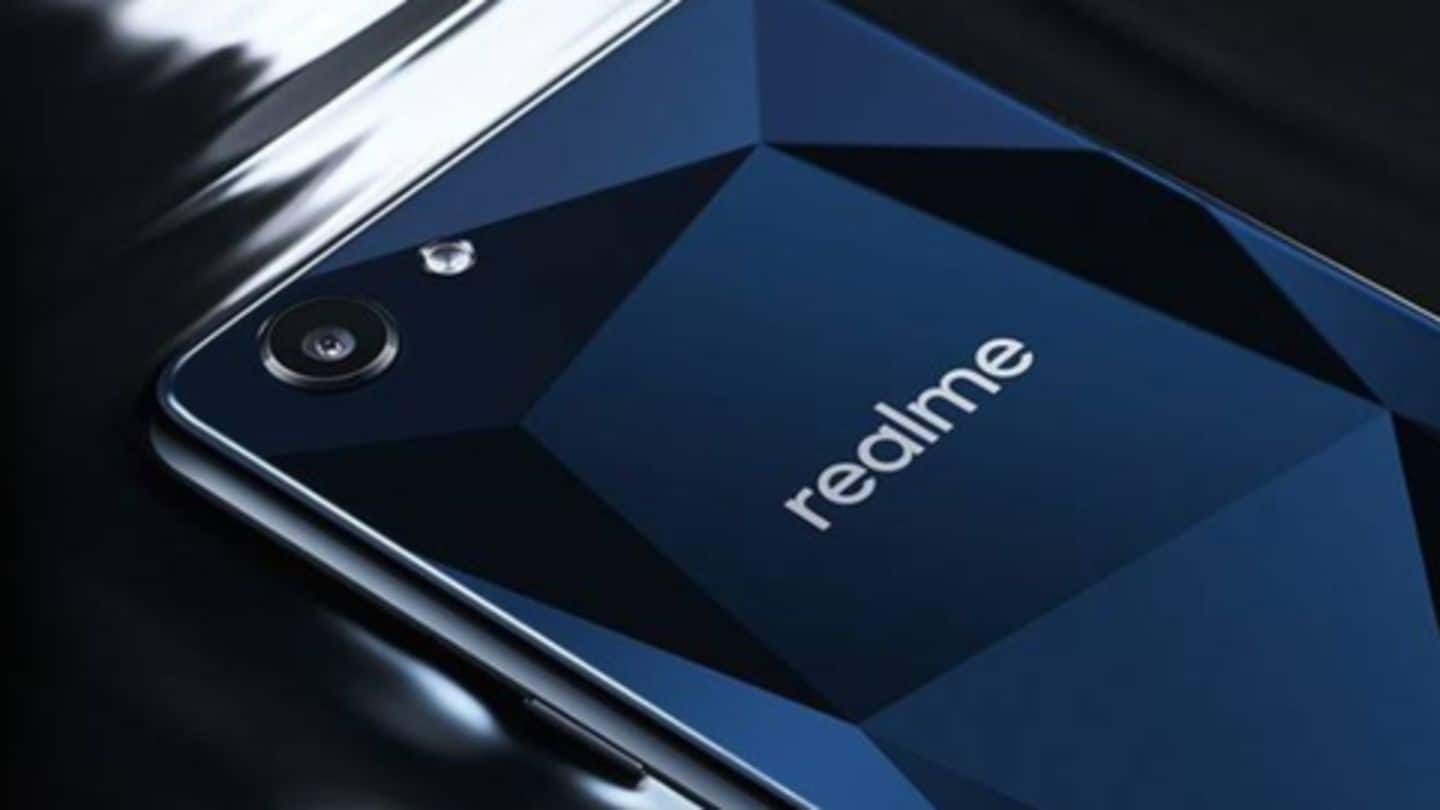
Realme phone with MediaTek Helio P60 chipset spotted on Geekbench
What's the story
A Realme handset, with model number RMX1833, has been spotted on Geekbench - a cross-platform processor benchmark website.
The benchmark listing reveals key specifications of the device including a MediaTek Helio P60 processor - the same chipset that powered the Realme 1.
While not much is known, the device is speculated to be the upcoming Realme 3.
Here's all about it.
Technicality
Firstly, what is Geekbench and Geekbench's scores?
Geekbench is a cross-platform processor benchmark website which grades processors on their single-core and multi-core performances.
While calculating multi-core scores, Geekbench runs multiple streams of instructions simultaneously per core and reports an aggregate score.
With single-core scores, the same process is applied but on a single core.
Notably, the quicker a CPU completes the instructions, the higher is its Geekbench score.
Specs
What does Realme RMX1833's Geekbench listing tell us?
According to the Geekbench listing, this unknown Realme device will be powered by the MediaTek Helio P60 processor.
Further, the listing also suggests the device will have at least 4GB of RAM and will run Android Oreo 8.1 out-of-the-box.
Lastly, in terms of scores, the handset managed a single-core score of 1,560 and 5,926 for multi-cores.
Speculations
Realme could be switching back to MediaTek SoCs
Realme's portfolio comprises Realme 1, Realme 2, Realme 2 Pro and Realme C1.
Notably, after Realme 1, the company switched to Qualcomm for its Snapdragon processors.
However, days after MediaTek Helio P70 chipset was launched, Realme announced that it would be the first OEM to integrate the new chip.
And now, this device seen with P60 suggests Realme could be switching to MediaTek chipsets.
Possibility
This Realme phone could also support OPPO's VOOC fast charging
Though the Geekbench listing has not revealed the device's name, it does confirm that Realme is working to introduce a new phone.
Further, this device could come with OPPO's VOOC fast charging technology considering Realme's CEO Madhav Sheth recently hinted on Twitter that future smartphones could come with this tech.